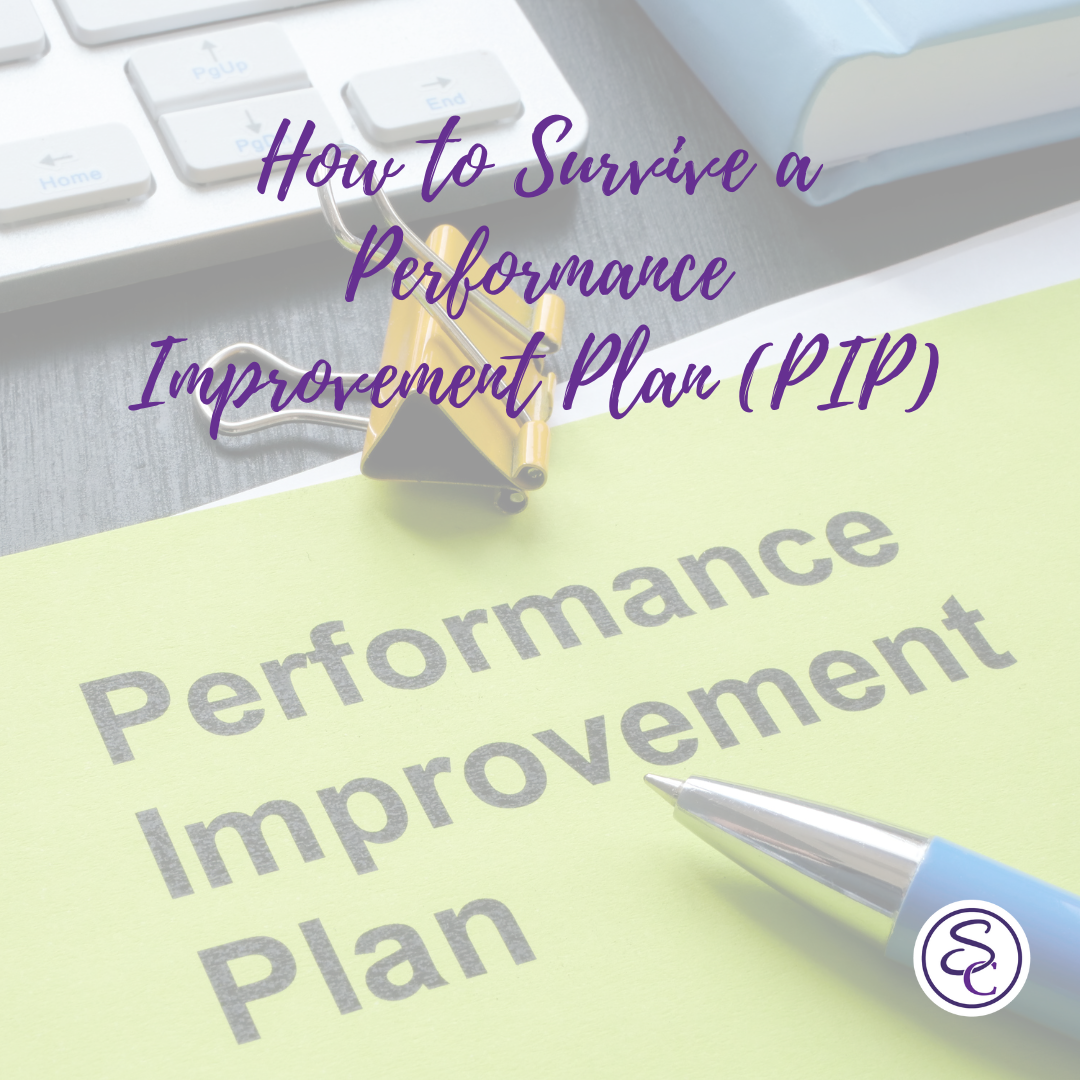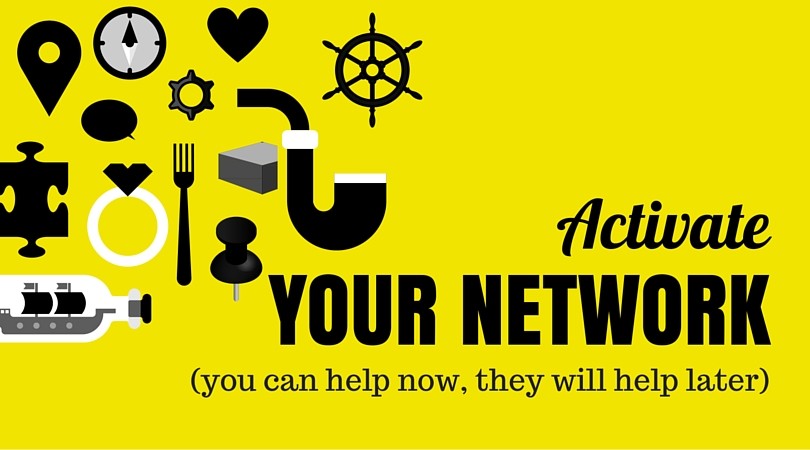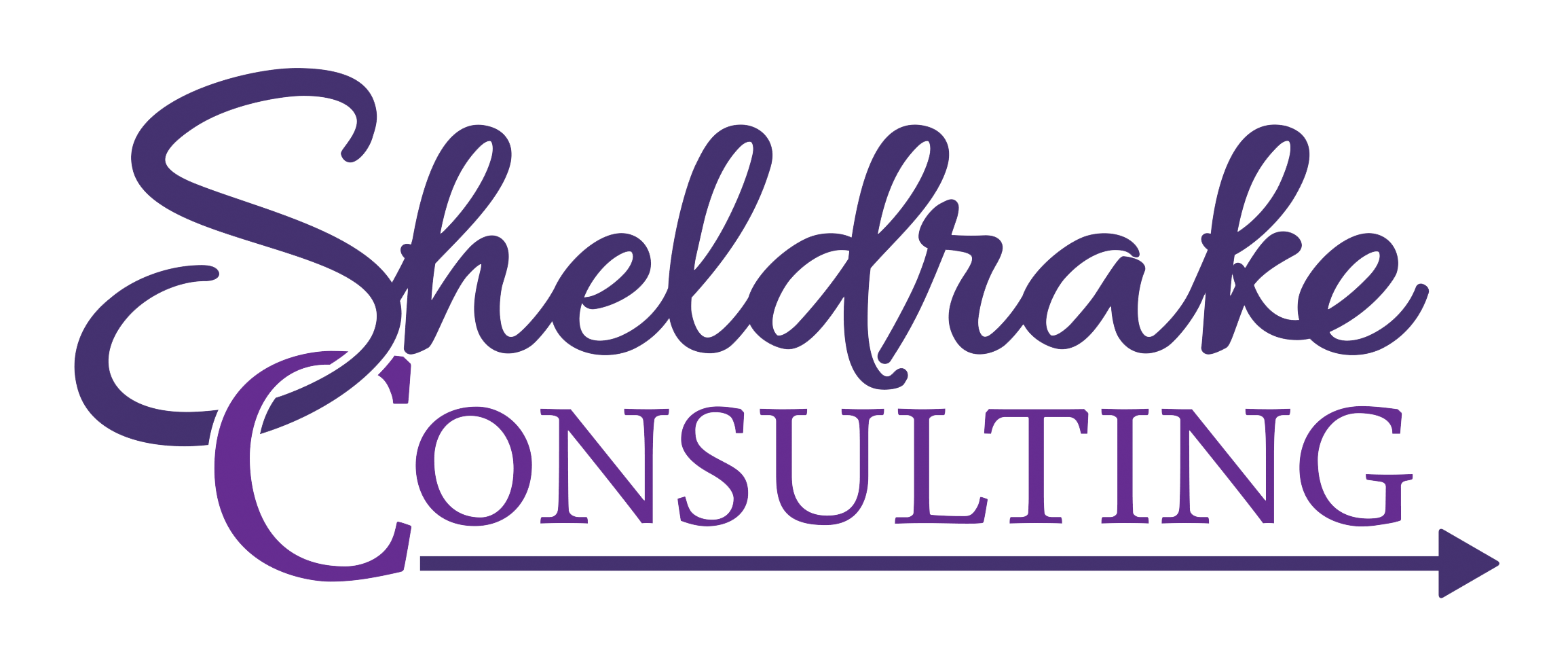Being put on a performance improvement plan, also known as a PIP, can feel like a slap in the face, especially if you didn’t see it coming. But being put on a PIP gives you a lot of power and leverage if you go into it with the right mindset. If you have been put on a PIP, I’m going to give you the rules of survival so you can get through this 30, 60, or 90-day period with grace.

First things first, let’s talk about what a performance improvement plan is. A PIP is usually a written document that details how an employee is not meeting expectations and outlines what they need to do to improve and keep their job. It’s usually given in a timeframe of 30, 60, or 90 days. Your boss will usually prepare it and meet with you about it. If you have a formal HR department they will get involved and be part of those meetings. Sometimes HR will facilitate the meetings on their own. There is usually a lot of documentation that goes along with these meetings. Your boss will give you clear action items of what they want you to improve on and have set meetings throughout the improvement period to check in on your progress.
Now that you know what to expect, let’s talk about the rules of survival…
Rule #1: You Don’t…
The majority of performance improvement plans are set up to give your employer a clear path to let you go. If you’re put on a PIP you should start looking for a new job immediately! Typically if a company is putting you on a PIP, they are intentionally making it very hard for you to stay at a job. I’ve rarely seen employees survive a PIP, and if you are the rare percentage of people who do, the relationship will probably never be the same. Being put on a PIP can be very upsetting, especially if you love your job and don’t want to leave. But a PIP could almost be referred to as a compassionate firing. Think of it as the company giving you a long notice or “quiet firing” you, buying you time to figure out your next move.
Rule #2: Activate Your Network
This is the time to make sure you have contact information for colleagues, clients, and industry pals that you want to keep in touch with. Start scheduling coffee, lunch, and drink meetups, and get your name out there. If there are professional organizations for your industry, now is the time to get involved. Having a strong network and not missing a beat will be important as you go through this process. Ask your current colleagues to write you LinkedIn recommendations now before it gets awkward.

Rule #3: Start Actively Looking for a New Job
It’s always easy to find a new job when you already have a job. You can take advantage of the connections and network that you’ve been activating and start the interview process. It also helps in your negotiation for salary and benefits if they don’t think that you are desperate for employment. The other perk is that you don’t have to include anyone in your company as a reference because you don’t want them to know you are looking. Sometimes an interview process can take three rounds, so keeping your paycheck going at the old company can help you manage your financial situation.
Rule #4: Don’t Quit
If you quit before the end of the PIP you most likely will leave benefits on the table. Many times, if you stick it out until the end of the PIP you could be in line for a severance package when they let you go. You also might lose out on the opportunity to apply for unemployment benefits if you quit before the end of the PIP.
Rule #5: Put Everything in Writing
When your boss reviews your performance improvement plan with you they will let you review it and then ask you to sign it to confirm your receipt and agreement to participate in the PIP. Don’t sign the PIP right away. Ask to take some time to review it and make sure you agree with all of the things they have outlined. If you have changes to make or want to clarify some of the details, do it in writing via email to give you a paper trail and make sure you are responding from a factual place versus an emotional place.
Rule #6: Get your Personal Items in Order
Make sure you have a copy of the company handbook and copies of any agreements that you’ve signed (like a noncompete or any NDAs). You might get let go unexpectedly and it will be harder to get copies of these items once you’re out of the office. If you have personal files on your computer, or personal items in your office make sure to remove them. Make sure you understand your company’s policy of taking or copying any proprietary materials, but if there are projects you want to keep or performance data that you might want to keep for your resume make sure to document those items.
Rule #7: Take Advantage of Your Benefits
Assume that you are getting let go at the end of the PIP, so if you’re on the company insurance make sure to schedule all your annual appointments, shore up any medications, use up your FSA money, etc. That should help alleviate any pain points if you have a lapse in coverage. Take a look at any additional benefits like paying for memberships in professional organizations, vacation days, travel points, expense reimbursements, and make sure everything is up-to-date.
Rule #8: Overcommunicate
Being on a PIP is like playing a game of chess. You want to meet the demands of the PIP, but also understand that you probably aren’t going to beat it. Keep a detailed log of everything you do at work and send regular reports to your boss of your progress. Be clear and specific. When you have progress meetings, take notes and send an email back to your boss outlining what you heard at the meeting.

Rule #9: Keep Your Cool
This is the hardest part of the entire PIP process. During this process, your boss/company will make it difficult for you to stay at your job. You will probably feel like you’re in a toxic situation and that can cause you to lash out or act unprofessional. If you blow up or have a meltdown at work, that’s what people will remember. Keep your cool. At the minimum, you will walk away with unemployment benefits, and maybe a severance. Be polite and show enthusiasm for working through the performance improvement plan. You want to control the narrative in this situation and by having a big reaction it allows your boss to label you as “crazy” or “difficult to work with.”
Rule #10: Don’t Talk About the PIP
Don’t complain to your co-workers about being put on a PIP. Just continue going through the motions as if it was a normal day at work. If someone is vying for your job, you don’t want to give them the opportunity to throw you under the bus. You also don’t want to give people the opportunity to blame you for things that are going wrong or dropping the ball. Keep it private at work, but do find someone outside of work, a close friend or family member, to confide in. This can be a very toxic, and draining situation and you will need support.
Being put on a performance improvement plan is never fun, but it gives you a warning period so you aren’t blindsided by a layoff with no financial plan in order. If you do end up getting laid off, check out my blog post on what to do here. If you’re currently on a PIP let’s schedule a consultation so you have support and a plan of action in place to help you come out of this stronger than ever. I’m here to support you and get your career back on track.

